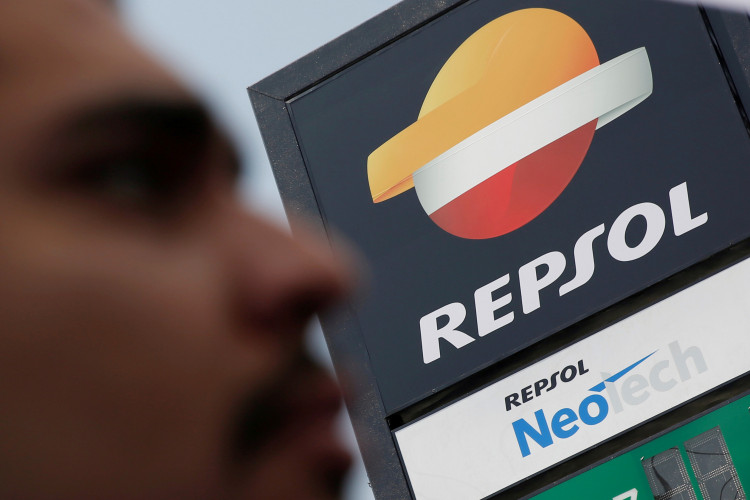Spanish oil giant Repsol pledged this week that it will be a carbon neutral provider by 2050 - marking the first time an oil behemoth vocalized targets in transitioning to a more environmentally-friendly firm in several decades.
According to CNBC, the pledge is non-binding but it is largely in line with the Paris Agreement that encourages oil and gas companies to find ways to run more sustainable business operations.
Repsol CEO Josu Jon Imaz said in a statement that the first step in achieving its carbon neutral target by 2050 will rely heavily on how the company will address issues related to the oil industry's carbon footprint on the environment.
"We are convinced that we must set more ambitious objectives to fight climate change," Imaz pointed out, adding that the initiative will be profitable in the long run for the company's stakeholders.
As part of its efforts in achieving the said target, Repsol unveiled key details of its action plan. The oil manufacturing giant will invest in power generation alternatives that are less impactful on the environment.
Renewable energy is the top choice for the gradual transition. The company also said that it will capitalize on existing technologies in its emission reduction models. While 70 percent of the company's emission reduction will be under current technologies, the remaining percentage will use other technologies such as carbon capture.
Finally, the Spain-based oil giant will link up to 40 percent of the long-term variable pays of executives and managers to the initiative of decarbonization. It remains to be seen whether the percentage will expand in the coming years.
Industry experts have heaped praise on the company's pledges. On the other hand, analysts pointed out that while good intentions are an excellent step forward, the oil giant should work on implementing its goals.
The announcement came amid increasing pressure from climate change advocates over the issue of greenhouse gas emissions and how oil companies around the world are impacting the environment.
Questions about oil prices have also been raised in line with efforts to decarbonize. However, some industry experts noted that consumer habits will also start shifting in the long run if companies show genuine commitment to change.
Meanwhile, Repsol's big announcement gained the attention of some advocates and analysts who believe the move can make a change in the way European oil giants run their businesses.
Analyst at London-based Societe General SA, Irene Himona, noted that "Repsol put itself ahead of the pack" in its bold move, echoing the sentiments of other analysts who believe oil companies should do something to battle climate change.
Fund manager at Sarasin & Partners LLP, Alex Bibani, agreed with Himona. Bibani said the latest move should encourage other gas and oil firms to look inside their operations and balance sheets to determine whether they can do more to help the environment recover.





